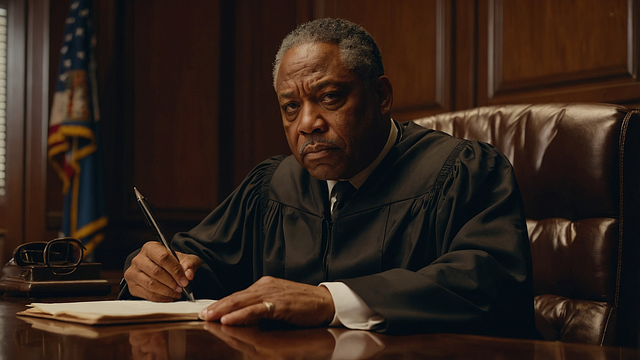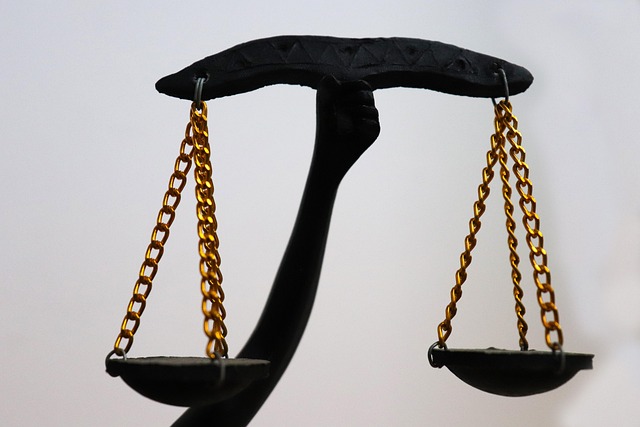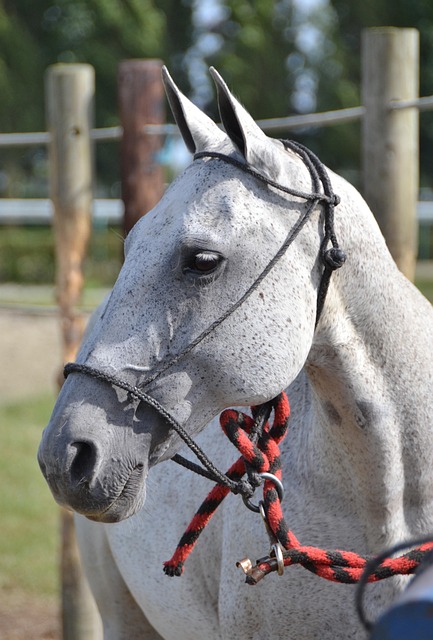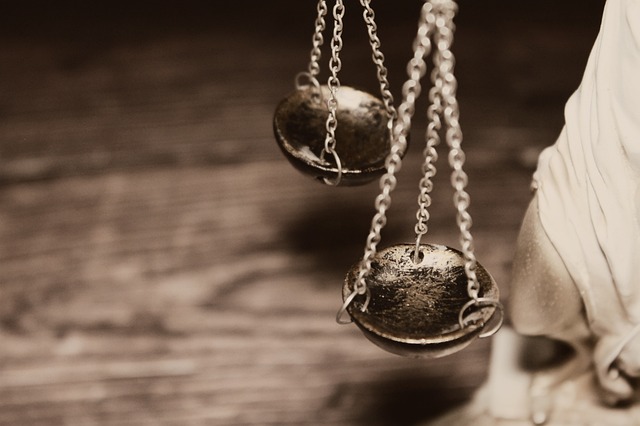Grandparent custody disputes involve legal battles for grandchild guardianship, focusing on best interests, relationships, and capacity to nurture. Caused by parental unavailability or unwillingness, these disputes can be complex, requiring local law knowledge and legal guidance. Evidence, financial records, and witness accounts are crucial. Alternative Dispute Resolution (ADR) offers collaborative solutions, while traditional litigation demands thorough preparation. Specialized family law counsel is key for successful navigation in varying jurisdictions.
“Grandparent rights are an essential aspect of family dynamics, yet they can often become complicated, leading to custody disputes with parents. This article offers expert insights into navigating these challenges. We explore legal frameworks governing grandparent access and provide strategies for understanding and addressing common causes of disputes. From court proceedings to alternative dispute resolution methods, our guide empowers grandparents to build a robust case. Learn about evidence collection, legal options, and tips for a successful outcome in grandparent custody disputes.”
- Understanding Grandparent Rights and Legal Frameworks
- Common Causes of Custody Disputes Between Grandparents and Parents
- Navigating Court Proceedings: Tips for Grandparents
- Alternative Dispute Resolution Methods for Family Matters
- Building a Strong Case: Evidence and Legal Options for Grandparents
Understanding Grandparent Rights and Legal Frameworks

Grandparent rights refer to the legal standing and protections afforded to grandparents in relation to their grandchildren. In many jurisdictions, grandparents have specific legal avenues to pursue when facing custody disputes with their children or other family members. These rights can be particularly important when a parent dies, becomes incapacitated, or is otherwise unable to care for their child. Understanding these legal frameworks is crucial for both grandparents and parents alike.
Grandparent custody disputes often revolve around the best interests of the child, similar to other family law matters. Courts consider factors such as the grandchild’s relationship with the grandparent, the stability of the current living situation, and the ability of each party to provide a nurturing environment. Familiarizing oneself with local laws and seeking legal counsel can help navigate these complex issues effectively.
Common Causes of Custody Disputes Between Grandparents and Parents

Grandparent custody disputes often arise from several common causes, each with its own complex set of circumstances. One primary reason is when parents, due to various personal or professional reasons, are unable or unwilling to care for their children, leaving a gap that grandparents eagerly step into. This can be further complicated if the parent-grandparent relationship is strained, either due to past conflicts or differing parenting styles.
Another significant trigger is when a grandparent feels their love and involvement in a child’s life is being unjustly overshadowed by the parents’ decisions. This might include situations where grandparents believe their input on parenting matters has been ignored or dismissed, leading to resentment and eventual legal challenges over custody rights. Additionally, changes in family dynamics, such as divorce or remarriage, can introduce new variables, causing tension and disputes over who should have primary custody of the child.
Navigating Court Proceedings: Tips for Grandparents

Navigating court proceedings can be a daunting task, especially when it comes to grandparent rights challenges. Grandparent custody disputes often require careful preparation and strategic planning. Firstly, it’s crucial to gather all relevant documents, including birth certificates, marriage licenses, financial statements, and any historical records that prove the significant relationship between the grandparents and the child. These documents can significantly strengthen your case.
Additionally, seeking legal counsel from experienced family law attorneys is essential. They can guide you through the legal process, explain your rights, and represent your interests effectively. Keep open lines of communication with your lawyer, providing them with all necessary information. Being prepared, well-informed, and having strong representation can make a substantial difference in the outcome of grandparent custody disputes.
Alternative Dispute Resolution Methods for Family Matters

In many cases, grandparent custody disputes can be resolved through Alternative Dispute Resolution (ADR) methods, which offer a more collaborative and less adversarial approach compared to traditional litigation. ADR techniques such as mediation and arbitration provide a safe space for all parties involved to express their concerns and work towards mutually agreeable solutions.
Mediation involves a neutral third-party facilitator who guides the conversation between grandparents and parents, helping them navigate complex emotions and find common ground. Arbitration, on the other hand, allows the parties to present their cases to an arbitrator who makes a binding decision. These ADR methods can be particularly effective in grandparent custody disputes as they foster open communication, maintain family relationships, and often lead to more flexible and tailored solutions compared to court-ordered outcomes.
Building a Strong Case: Evidence and Legal Options for Grandparents

Building a strong case is paramount in grandparent custody disputes, where emotions can run high and legal complexities abound. Grandparents seeking custody or visitation rights must gather compelling evidence to support their claims. This could include financial records demonstrating the ability to provide for the child, educational documents showcasing stability, and detailed accounts of positive interactions with the grandchild from reliable witnesses.
Legal options vary depending on jurisdiction but generally involve petitioning for custody through family court proceedings. Grandparents can argue for legal guardianship or partial custody based on a combination of factors: established relationships, the child’s best interests, and any history of parental neglect or abuse. Engaging experienced legal counsel specializing in family law is crucial to navigating these complex cases effectively and ensuring the best possible outcome for both grandparents and grandchildren.














